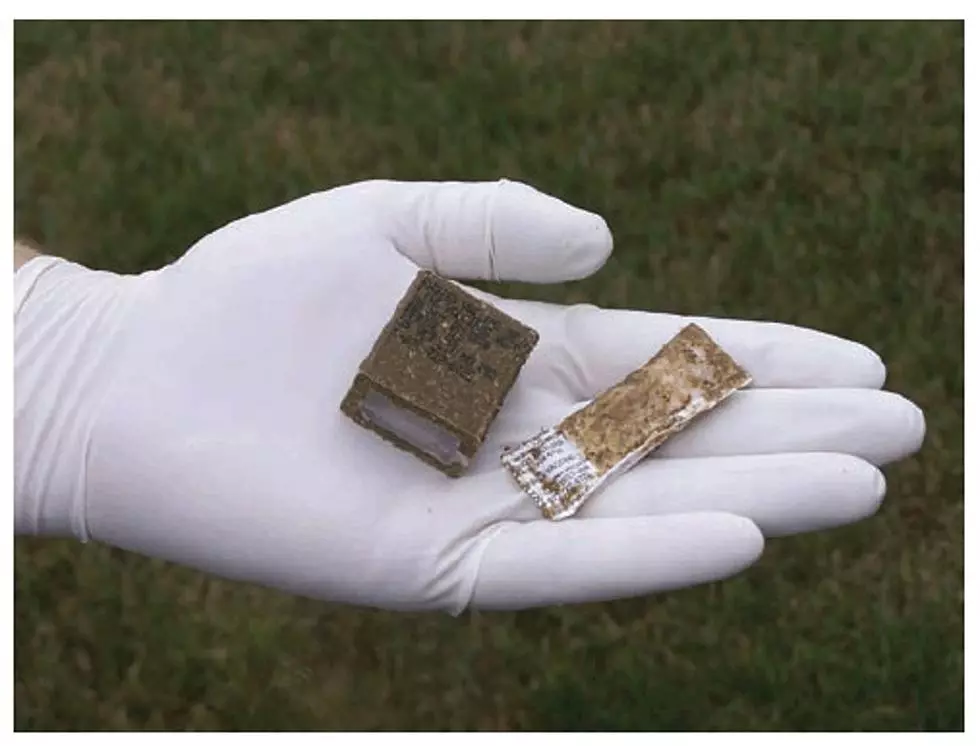
New Vaccine Drop Plans Bring Familiar Warning For Pet Owners
The Cape Cod & Southeast Massachusetts Rabies Task Force are once gearing up for their bi-annual vaccine drop and are issuing a warning to pet owners to be aware of the baits they may find in their yards.
From Monday, May 8, through Friday, May 12, the task force plans to distribute some 80,000 oral rabies vaccine baits by helicopter and by hand throughout Bourne, Sandwich, Falmouth, Barnstable, Plymouth, Wareham, Carver, Kingston, Middleboro, Rochester, Marion and Lakeville.
The plan this spring calls for low-flying helicopter drops across the area when weather permits as well as re-baiting the same zones used last September by hand. Local residents can learn exactly where distribution will be each day by checking the Task Force's Facebook page daily.
You can also simply look up. The helicopters being used will be either red and black or white and orange and may fly directly over residential neighborhoods, getting baits just where residents may not want them: their very own yards.
Though the goal for these bait releases in neighborhoods and wooded areas is for wildlife to hopefully find and eat this vaccine, you and your pets may encounter them too.
The Cape Cod & Southeast Massachusetts Rabies Task Force wants to remind residents that they cannot get rabies from the vaccines and that any bait they come across should be left undisturbed if possible.
Homeowners who prefer to remove them from their yards are urged not to pick them up with a bare hand and to instead use gloves or a towel to touch them. If an oral rabies vaccine should contact your skin, immediately rinse the area with warm water and soap and call (877)722-6725.
The vaccine baits are coated sachets and fishmeal polymer blocks as seen in the photo above and may be tempting to your pets' taste buds. The baits are not toxic to animals if eaten, though they may cause an upset stomach.
The Cape Cod & Southeast Massachusetts Rabies Task Force hopes that any baits residents remove from their yards will be discarded in a wooded area, so that wildlife still has the potential to find them.
Need a Hike Away From the Drop Zone? How About Bristol's Audubon Nature Center and Aquarium.
New Bedford's Most Popular Dog Names for 2023
Fall River's Most Popular Dog Names for 2023
More From WFHN-FM/FUN 107









